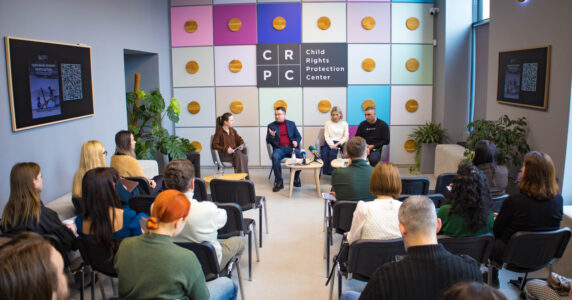Navigation and useful materials
Facebook has removed a network of accounts from Russia that spread fake news about Western vaccines.
According to a July report, the company deleted 65 Facebook and 243 Instagram accounts that disseminated anti-vaccination information. These accounts published fake news about Western vaccines. For example, it was reported that the AstraZeneca vaccine allegedly turned humans into chimpanzees, and the effectiveness of the Pfizer vaccine was questioned, citing a leak from AstraZeneca.
The report says the anti-vaccination campaign, which targeted audiences in India, Latin America and the United States, has links to Fazze, a UK-based subsidiary of a Russian-based marketing firm. The agency published false materials and organized petitions so that paid-off reputable influencers could use them in their posts. Today, Fazze is blocked on Facebook, but there are still other platforms through which Russia is trying to undermine confidence in the coronavirus vaccine.
Detailed report is available here.
Be cautious and don’t immediately trust things you see online!
If you have found a spelling error, please, notify us by selecting that text and pressing Ctrl+Enter.


